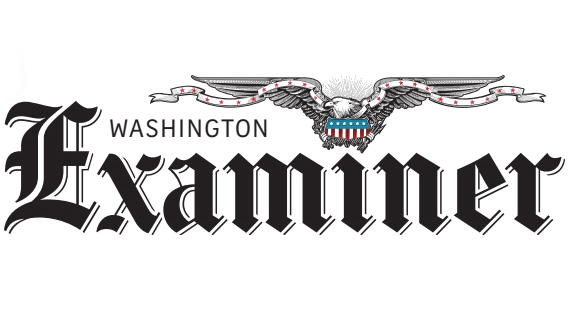This piece originally appeared in Washington Examiner on January 10, 2020.
Admiring the role of civic organizations in the infancy of America, Alexis De Tocqueville wrote, “In America the liberty of association for political purposes is unbounded.” Yet he also warned that if people “had neither the right nor the taste to unite in political goals, their independence would run great risks.”
Unfortunately, now politicians often threaten to burden our freedom of association. If Tocqueville was alive now, he wouldn’t understand why the IRS forces groups to report their supporters’ names and addresses. That data collection harms both the right and the taste to unite in pursuit of social change.
Fortunately, reform is on the way. The IRS has proposed ending the donor reporting rule for most types of nonprofit organizations. This is a welcome development that will help preserve America’s tradition of a robust and independent civil society.
The Supreme Court has a long history of denying government entities the power to collect lists of civil society groups’ financial supporters. In rebuffing the state of Alabama’s attempt to collect a list of the NAACP’s supporters in 1958, the court wrote that “compelled disclosure of affiliation with groups engaged in advocacy may constitute as effective a restraint on freedom of association as [other] forms of governmental action.” In a later case, the court noted that it has “repeatedly found that compelled disclosure, in itself, can seriously infringe on privacy of association and belief guaranteed by the First Amendment.”
Some powerful politicians have voiced fierce opposition to the IRS proposal. They claim that the agency’s collection of donors’ names and addresses is necessary to fight so-called dark money in the campaign finance sphere. But the IRS has neither the authority nor responsibility to enforce campaign finance laws, for good reason. A tax-collecting agency should not be in the business of regulating political speech. The Federal Election Commission was created to enforce campaign finance laws, and its staff has the expertise necessary to do so. Besides, the IRS was already legally obligated to keep donor information confidential, so the proposed rule change will have no effect on publicly available information.
The issue advocacy nonprofit organizations that some politicians pejoratively refer to as “dark money” groups are stringently limited in their activities related to electoral advocacy. The Federal Election Commission is responsible for ensuring that these groups adhere to the limitations. Nonprofit spending related to campaigns, along with donors who give to nonprofit organizations for that purpose, is reported to the Federal Election Commission and made publicly available.
Tax-exempt political organizations are unaffected by the rule change and will still be required to report the names and addresses of their donors. These groups must also publicly disclose this information to the Federal Election Commission.
Others have argued that because the donor information collected by the IRS is confidential by law, there is no threat to associational privacy. But as the Supreme Court has asserted, the mere collection of such information is “in itself” a threat to the First Amendment right to privacy in association.
Furthermore, the government has a poor track record when it comes to keeping confidential information, well, confidential. Especially since the advent of computerized databases, hacks and leaks of sensitive information in the government’s care are unavoidable and common. The IRS is no exception. The agency should only be collecting information that is absolutely necessary to enforce tax law.
Under the proposed reform, nonprofit organizations that receive tax-deductible donations will still be required to submit lists of their supporters. Donor lists from groups that are legally barred from accepting tax-deductible donations are not necessary to enforce tax law, and the IRS has plainly stated as much. In keeping with the principles of due process, the IRS (along with various other law-enforcement entities) would maintain the power to subpoena donor information from these groups with reasonable suspicion of wrongdoing.
The First Amendment protects the right to privacy in association. The IRS deserves praise for recognizing this right and seeking reform to safeguard it.
As the IRS pursues this laudable reform, those in power should heed Tocqueville’s words: “No legislator can attack [the right of association] without impairing the very foundations of society.”














